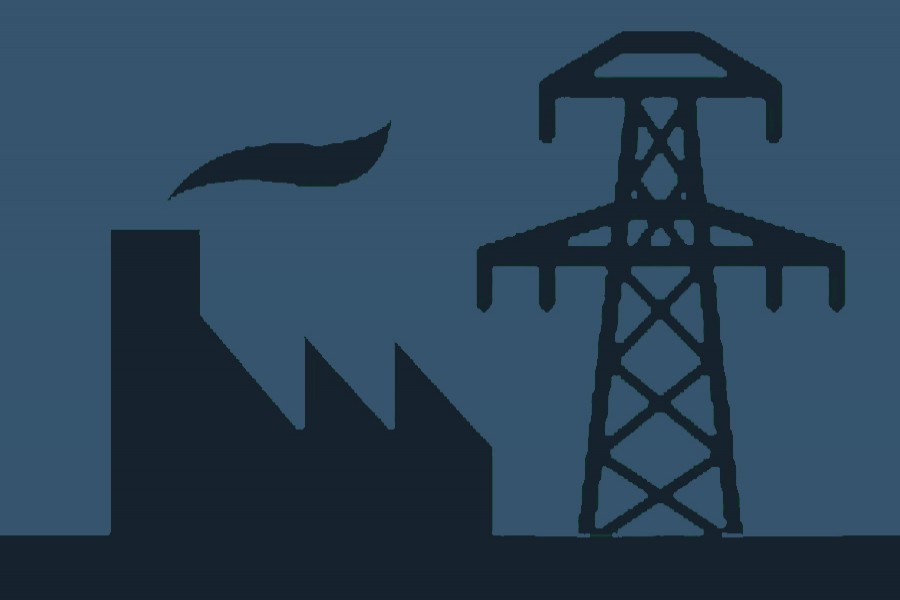
Published :
Updated :

Prime Minister Sheikh Hasina has, reportedly, asked the relevant agencies to reduce in phases the volume of government subsidies on power and gas.
The PM's directive came at the routine meeting of the executive committee of the national economic council (ECNEC) on Tuesday last.
No government enjoys paying subsidies, for it gives rise to problems in resource management. Higher subsidy payments often lead to an increase in deficits. The same, however, remains an unavoidable part of budget-making in any country, rich or poor.
So, it is nothing unusual for the head of the government to long for a cut in the volume of subsidies.
But the directive to cut subsidies on power and gas would surely raise some amount of concern among the people when the state-owned power and gas entities have already tabled proposals to hike their tariffs. It is now almost certain that there will be some hike in both gas and power tariffs.
The PM has rightly observed that the benefits of a subsidy do not reach all and the undeserving ones often have full access to it. So, it becomes important to ensure that benefits of subsidies go only to the people who deserve it most.
The volume of subsidies to the power sector has been growing in recent years. The Power Development Board (PDB) received a subsidy of TK 117 billion in the last financial year (2020-21). This amount was a little over Tk 86 billion in the previous fiscal. This year the likely subsidy on account of power purchase by the PDB stands at about Tk200 billion.
The reason behind a substantial increase in subsidy volume during this FY is the hike in prices of diesel and furnace oil, made effective from November last. In the event of any hike in gas tariff, the size of the subsidy would be even bigger.
The volume of subsidy that went to the gas sector in the last FY was Tk24 billion. The subsidy was mainly on account of the purchase of liquefied natural gas (LNG) the price of which has soared in the international market in recent months.
The government's decision not to cut subsidies on the agriculture sector is highly appreciated. But, if the power and gas rates are increased to help cut subsidies, the manufacturing sector that fetches the bulk of export earnings would also see an inevitable rise in the cost of production. This will affect their competitiveness. Moreover, no mechanism is yet in place to protect other priority sectors from the negative effect of an increase in power and gas tariffs. The snowballing effect of the increase in power and gas will be on every sector. The government, hopefully, will look into these issues before taking any decision.
No denying that there exists a gap between the purchase and sale prices of per unit power. The average per unit power purchase price stands at Tk 6.6 and the sale price at Tk 5.12.
But, there are a few questions that need to be addressed by the appropriate authorities.
One of the reasons for the high average cost of per unit electricity is the capacity payments made by PDB to private power producers. This has been a grey area since the rental and quick rental power plants came into being through unsolicited offers. Unless these Albatrosses around the PDB's neck are removed, the problem of high power tariff would continue to exist. Then there is the old issue of power pilferage.
One reason for floating proposals for power tariff hikes is the short supply of gas. The relevant government agency reportedly has cut its import of LNG because of a higher price. A good number of gas-based power plants are shut now and dual-fuel plants are now run by expensive diesel. Allegedly, there has been some mishandling in LNG import.
The government should try its utmost to avoid a hike in gas and power tariffs right at this moment when people are worst hit by high commodity prices.


 For all latest news, follow The Financial Express Google News channel.
For all latest news, follow The Financial Express Google News channel.